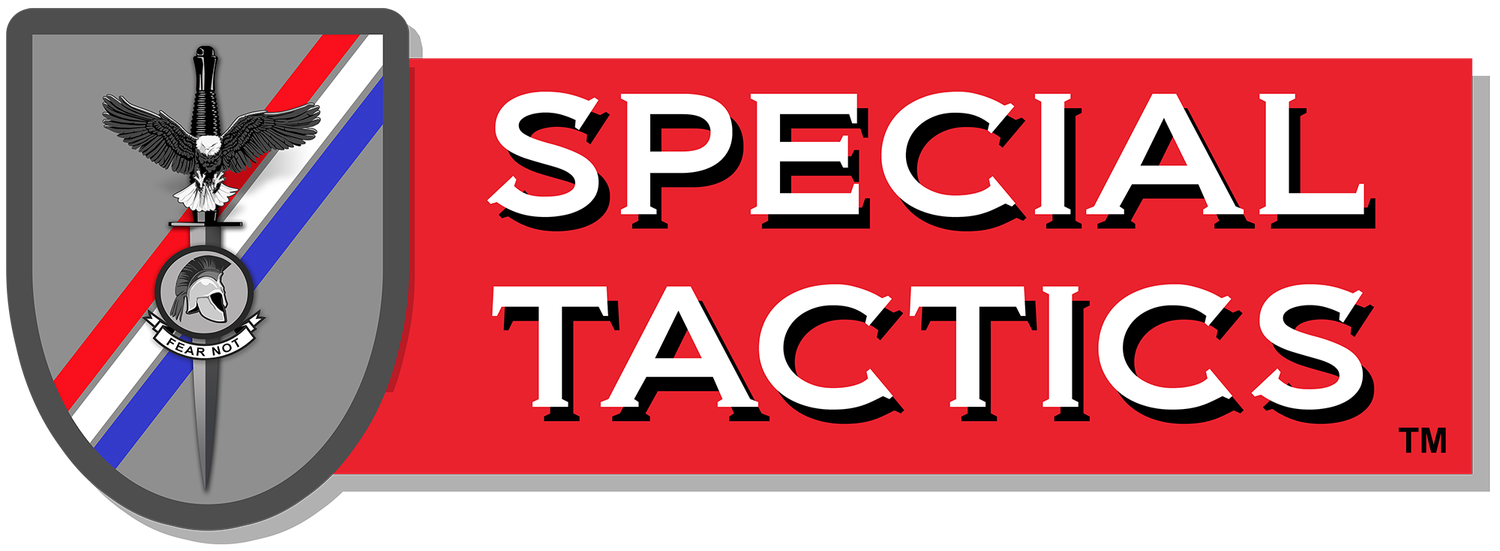DISCUSSION: A Better Way to Train - Part 1
We find it amazing that many of the world’s premier training and education institutions, including prestigious universities like Harvard and Yale are predominantly still operating the same way they were one-hundred years ago. Unfortunately, most military and tactical training schools are no better off. All of our readers are surely familiar with the traditional education formula…
Do your homework (this step is often optional since instructors rarely check if you actually did the assigned readings etc.)
Come to class and sit in a chair
Look up at a chalkboard/whiteboard/PowerPoint and listen while an instructor talks at you
Ask questions if you feel like it
Take notes if you feel like it (which you will probably lose or throw away later)
Repeat steps 1-5 as long as the course lasts
Take an easy, predictable test to pass the course, which will probably have a 95-100 percent pass rate.
Amazingly, this is still the way the vast majority of education and training programs operate. How is this possible? Why do so many educational institutions, military units, law enforcement departments and tactical schools settle for this antiquated and ineffective formula? Even when training includes a “field” or “practical application” portion, the exercise is frequently canned, unrealistic, predictable and not challenging enough.
Anyone who has spent any time as a trainer or gone through training/education programs can relate to these concerns and in the coming weeks, we are going to post additional articles discussing better, more effective ways to train. However, we want to start by opening up the discussion to our readers. Visit our Facebook page and post your comments under this article. Here are some questions that can help guide the discussion.
What is wrong with the traditional education model (the steps outlined above) and why is it ineffective?
What are some innovative training techniques that you have used or seen that offer better results?
What obstacles have you run into (bureaucratic, regulations, restrictions etc.) that have limited your ability to train in a better way?
What in your opinion is the biggest and most common shortcoming in modern training programs?
We look forward to hearing from you and we will be publishing more articles on this topic in the weeks to come.

